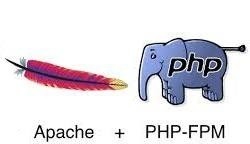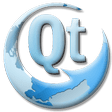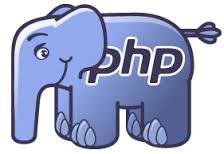While trying to install cPanel control panel on just reimaged server I’ve got an interesting error, I’ve never seen before:
|
1 2 3 4 |
2016-01-01 18:24:03 523 ( INFO): Checking for an existing MySQL or MariaDB instance... 2016-01-01 18:24:03 527 (ERROR): The installation process found evidence that MySQL or MariaDB was installed on this server. 2016-01-01 18:24:03 528 (FATAL): You must install cPanel & WHM on a clean server. Removing /root/installer.lock. |

 I was thinking the other day – it’s not really safe to have MS windows default browser set to MS Internet Explorer, so any URL you accidentally click will be open with it. For the work related activity I user
I was thinking the other day – it’s not really safe to have MS windows default browser set to MS Internet Explorer, so any URL you accidentally click will be open with it. For the work related activity I user  SPAM e-mail is the common problem these days and in most cases the cause of this problem is the lack of security on the hosted web sites. Various badly designed PHP scripts expose the hosting server MTA to be used as SPAM e-mails source. First and foremost step in resolving this problem would be to determine the originating PHP script that was used to send e-mails.
SPAM e-mail is the common problem these days and in most cases the cause of this problem is the lack of security on the hosted web sites. Various badly designed PHP scripts expose the hosting server MTA to be used as SPAM e-mails source. First and foremost step in resolving this problem would be to determine the originating PHP script that was used to send e-mails.



